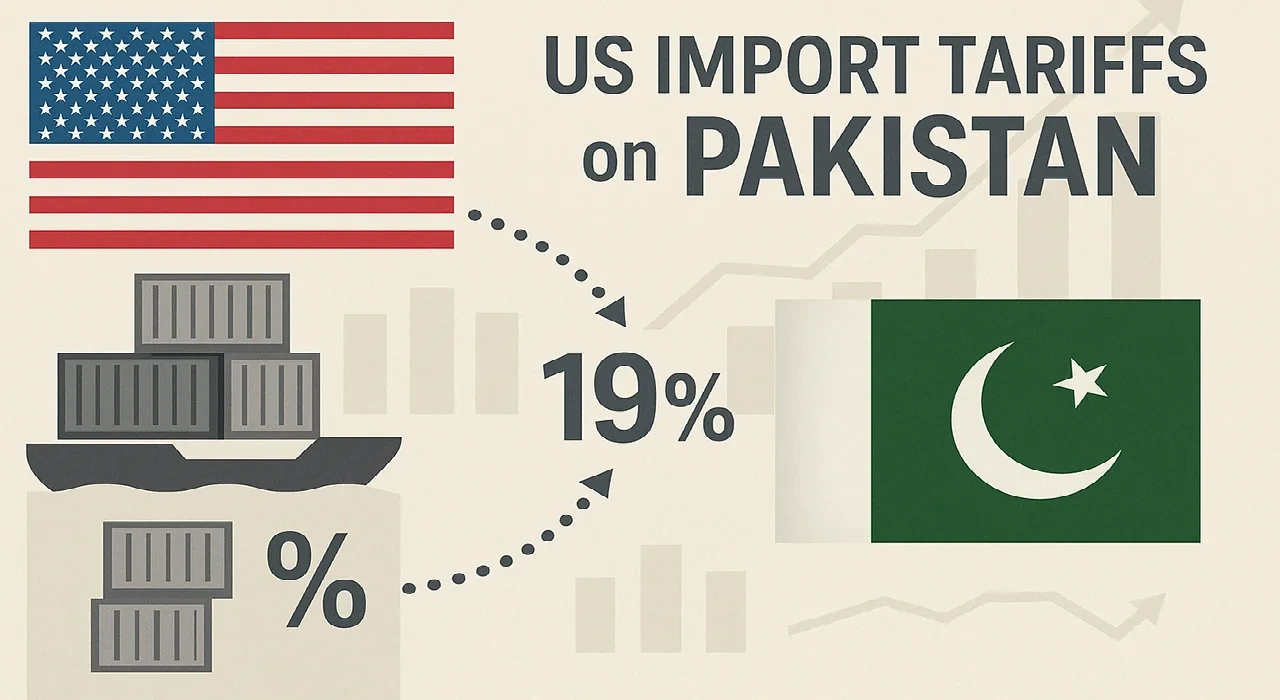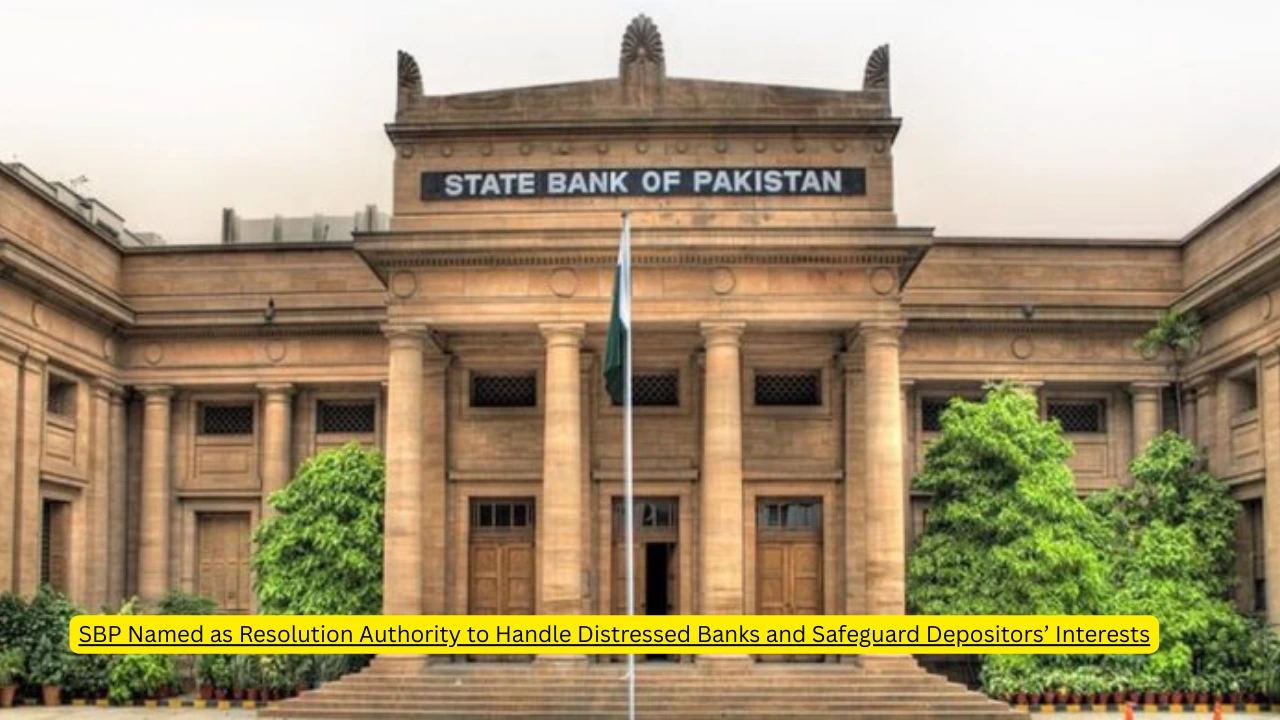In a major escalation of his ongoing trade offensive, former U.S. President Trump has imposed a 19% duty on Pakistani imports, raising concern among exporters and economists.
The move aligns with Trump’s push to boost U.S. manufacturing and cut reliance on foreign goods.
What’s Behind the New Tariff?
Trump’s tariff hike on Pakistani imports is part of his broader strategy against “unfair trade practices. While China, Mexico, and the European Union have often been targets, this new focus on Pakistan marks a significant shift.
Trump’s campaign says the trade deficit harms workers, and Pakistan enjoys U.S. market access without giving equal benefits. By slapping a 19% tariff, the former president aims to “balance the playing field” and push for revised trade agreements.
Impact on Pakistani Economy
The decision is expected to badly impact Pakistan’s exports, especially textiles, leather, surgical instruments, and sportswear.With the U.S. being one of Pakistan’s top trading partners, any significant disruption in trade relations can send ripples through the Pakistani economy.
Economists warn that the tariff could lead to:
- Reduced export volumes
- Lower foreign exchange reserves
- Increased unemployment in export-led sectors
- Supply chain disruptions
According to the Pakistan Business Council, exports worth over $5 billion annually could be affected. If exporters fail to absorb the cost or pass it on to consumers, they risk losing competitiveness against regional rivals like Bangladesh, India, and Vietnam.
Reaction from Pakistani Exporters
Leading exporters have expressed alarm over the sudden imposition of tariffs. Many were caught off guard, especially as no formal warning or negotiation preceded the announcement.
Raza Ahmed, CEO of a major textile exporting firm in Lahore, stated, “A 19% import duty on Pakistani products means our goods will instantly become more expensive for U.S. buyers. This puts us at a clear disadvantage.”
Industry groups are now urging the Pakistani government to initiate diplomatic dialogue with the U.S. to seek exemptions or negotiate new trade terms.
U.S. Market Trends and Consumer Impact
From the U.S. perspective, the tariff may increase prices for consumers who rely on affordable goods from Pakistan. Items like cotton T-shirts, sports equipment, and surgical tools — often sourced from Pakistani manufacturers — could see a price hike, especially in retail and healthcare sectors.
Analysts believe the timing is crucial, as inflation remains a concern in the U.S. economy. Adding more tariffs could further strain household budgets, especially if alternative suppliers charge more or offer lower quality.
Political and Strategic Implications
This move is not just economic — it carries strong political signals. Trump’s re-election campaign has heavily focused on tough trade measures, and this tariff is a reminder of his commitment to protecting domestic industries. It also sends a message to other developing nations benefiting from U.S. markets without reciprocal trade deals.
However, experts warn that targeting countries like Pakistan — which play a strategic role in South Asia — could harm long-term diplomatic relations. With China expanding its footprint in the region through the China-Pakistan Economic Corridor (CPEC), Washington’s tough stance could push Islamabad further into Beijing’s orbit.
What’s Next for Pakistani Imports?
The future of Pakistani imports in the U.S. looks uncertain. If the tariff remains in place, exporters will need to:
- Explore alternative markets like Europe, the Middle East, and Africa
- Improve product value to justify higher prices
- Push for bilateral trade agreements that offer duty-free or preferential access
Meanwhile, the Pakistani government is expected to step up lobbying efforts in Washington and work with international trade bodies like the World Trade Organization (WTO) to challenge or negotiate the decision. Read more about Oil market remains stable despite tariff concerns
Conclusion
The imposition of a 19% tariff on Pakistani imports by Donald Trump is a significant development in global trade dynamics. While the move is framed as part of a broader push for American economic security, it carries heavy consequences for Pakistan’s export-driven economy. With rising trade tensions, businesses, policymakers, and consumers on both sides of the globe will be closely watching how this decision unfolds in the coming months.


